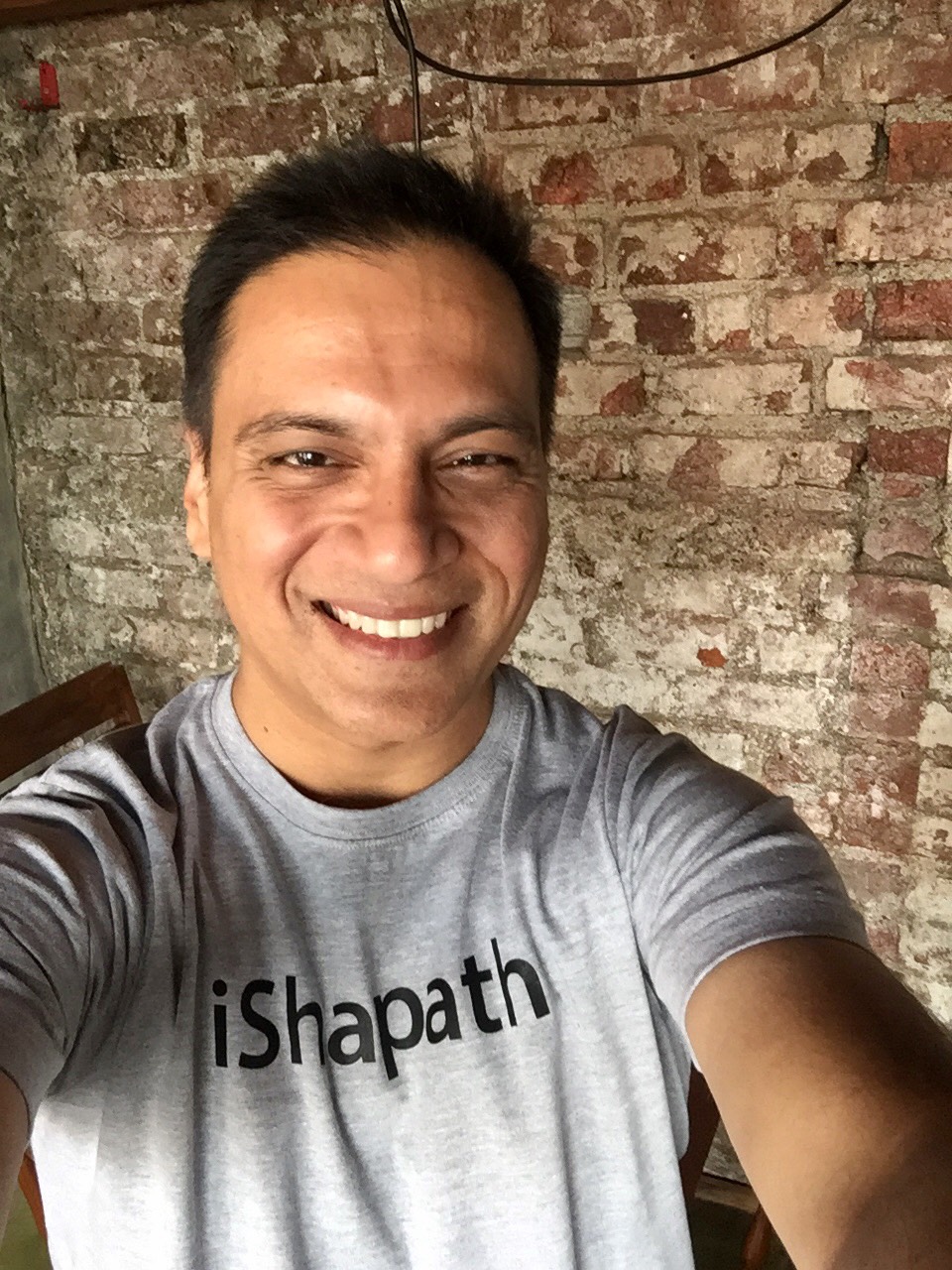Ashraf Engineer picks ‘Long Walk to Freedom’ for our new monthly book column, ‘Between the Covers’
Life of PR
Between the Covers: Book of the month
"I don’t have the time to read."… "I would if I didn’t have dossiers to prepare".
Just a couple of the reasons we offer for not reading enough. Make no mistake, these aren’t lazy excuses – the demands of our profession suck up a lot of our time and mental energy, leaving little time even for families. Understandably, reading doesn’t top our list of priorities.
This can lead to an unfortunate chain of events – we can’t be great writers if we don’t read enough, and we can’t be great communication professionals if we can’t write well. We must find a way out of this rut. I don’t believe either that PR professionals must read only books about brands and communication. To have a better, more holistic worldview, our reading repertoire must widen.
That’s precisely why, through this column, I hope to recommend writing across the spectrum – books that I think are worth a read, which has given me great joy or opened my mind to new perspectives and learning. Do make the time to read them – books are time machines, visas to distant lands, pathways to new ideas and igniters of thought. You won’t regret it.
Long Walk to Freedom by Nelson Mandela
Mandela’s autobiography changed the way I saw the world. It is, quite simply, the most powerful book I’ve ever read.
While it is a chronicle of life in the South Africa of old and the anti-apartheid struggle, it is also a wonderfully woven story, studded with nuggets that bring alive Africa in its pages. You can almost smell the jungle, feel the sand underneath your feet and hear the cries of the protestors as you turn the pages. It is a lesson in storytelling – something of great value to us communication professionals.
Mandela offers us a glimpse into a mind that triumphed despite spending 27 years in a jail cell. Fortunately, he is not coy about putting his failings on display. The book offers a human story of the icon – naive youth, flawed husband and a father who isn’t always there for his children. To me, these admissions only add to Mandela’s aura; a man honest enough to admit his flaws must be really special.
Lastly, the book is a lesson in pragmatism. When he spotted an opportunity for a breakthrough, he started talks with the apartheid government without informing his party because he knew it would not approve. To succeed, the initiative needed to cut out the clutter, and the tugs and pulls of various players. It needed a single, strong voice that could carry everyone along.
It was a big risk, but Mandela took it. He knew he would have to step up and bear that burden if the country was to transform. Having achieved that, he astonished the world even further by forgiving his oppressors.
The book is a masterclass in story construction and has life lessons that can be applied at work and at home.
Happy reading.
Author of 'Bricks of Blood', Ashraf Engineer is a book reader and coffee drinker by profession. When he isn't doing that, he is a principal consultant at Pitchfork Partners, counselling brands on their communication needs.
If you enjoyed this article, you can subscribe for free to our weekly event and subscriber alerts.
Featured

PR professionals share their views on journalists publicly calling them out on story pitches

Auto blogger renders unconditional apology to Value 360 for defamatory posts

Hottest Indian startups of 2020, Paytm, Dreams 11 lead the charge: Wizikey Report




